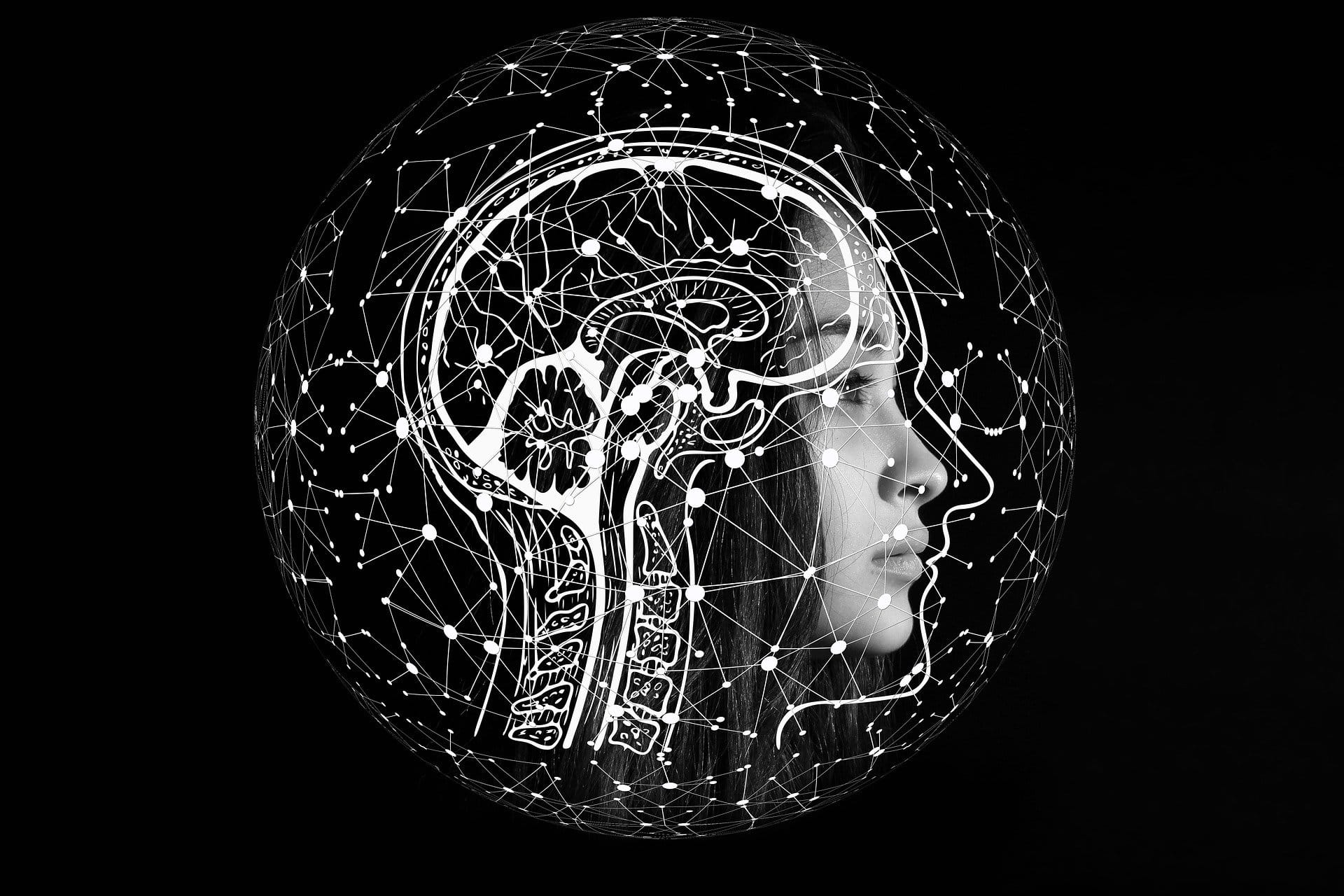Artificial Intelligence (AI) has without a doubt embedded itself into modern life since its birth in the twentieth century and consequent rapid spur in growth.
These process data to establish patterns and thus create predictive patterns of behavior.
How has AI grown in recent years?
AI training and development depends on specialized data sets. These are “fed” to machines with the proper hard- and software that are capable of appropriately handling the fed data.
Given the ever-increasing availability of large data sets, AI has seen a growth in its level of complexity and usage.
The discipline has undergone an amazing spur in use. The increase in its dependence is also largely due to its multifaceted abilities.
AI indeed has the ability to increase the speed and accuracy of which tasks are completed, and it is also powerful enough to add intelligence to existing products.
AI systems have increased the productivity of carrying out tasks. A key reason for this improved productivity has been the increased reliability that it grants.
Due to the specific programming set with AI, which calls for a high level of precision when it carries out tasks, reliability is guaranteed.
Reliability means AI systems are not prone to human mistakes, so tasks are guaranteed to be completed without any error on their part.
To reiterate, AI systems are trained to perform specific tasks, and making mistakes is not part of that task list.
What industries depend on AI?
AI has improved society’s quality of life in more ways than one. Currently, the discipline has been adapted and trained for important industry use.
AI is used in healthcare, business, national security, and engineering, to think of just a few broad fields of industry.
In health-care, for example, AI technology can be used to detect and pin the location of cancerous tumors from medical images. This ability is a deep learning skill that cannot always be done in an accurate manner by a human.
Another key industry, finance, relies on AI. Businesses depend on AI to assess client data to form conclusive patterns.
AI algorithms that have been repeatedly trained with proper data eventually develop the ability to gain an almost-human insight. Through these assessments derived from the insight, businesses can adapt their strategies accordingly.
Thus, businesses can adapt their strategies accordingly to maximize profits or optimize output.
To reiterate, daily products and industries that are key to modern society now depend on the intelligence and benefits of AI.
Evidently, AI has seeped into many aspects of our daily lives in such a way that it would be difficult to detach ourselves from it.
